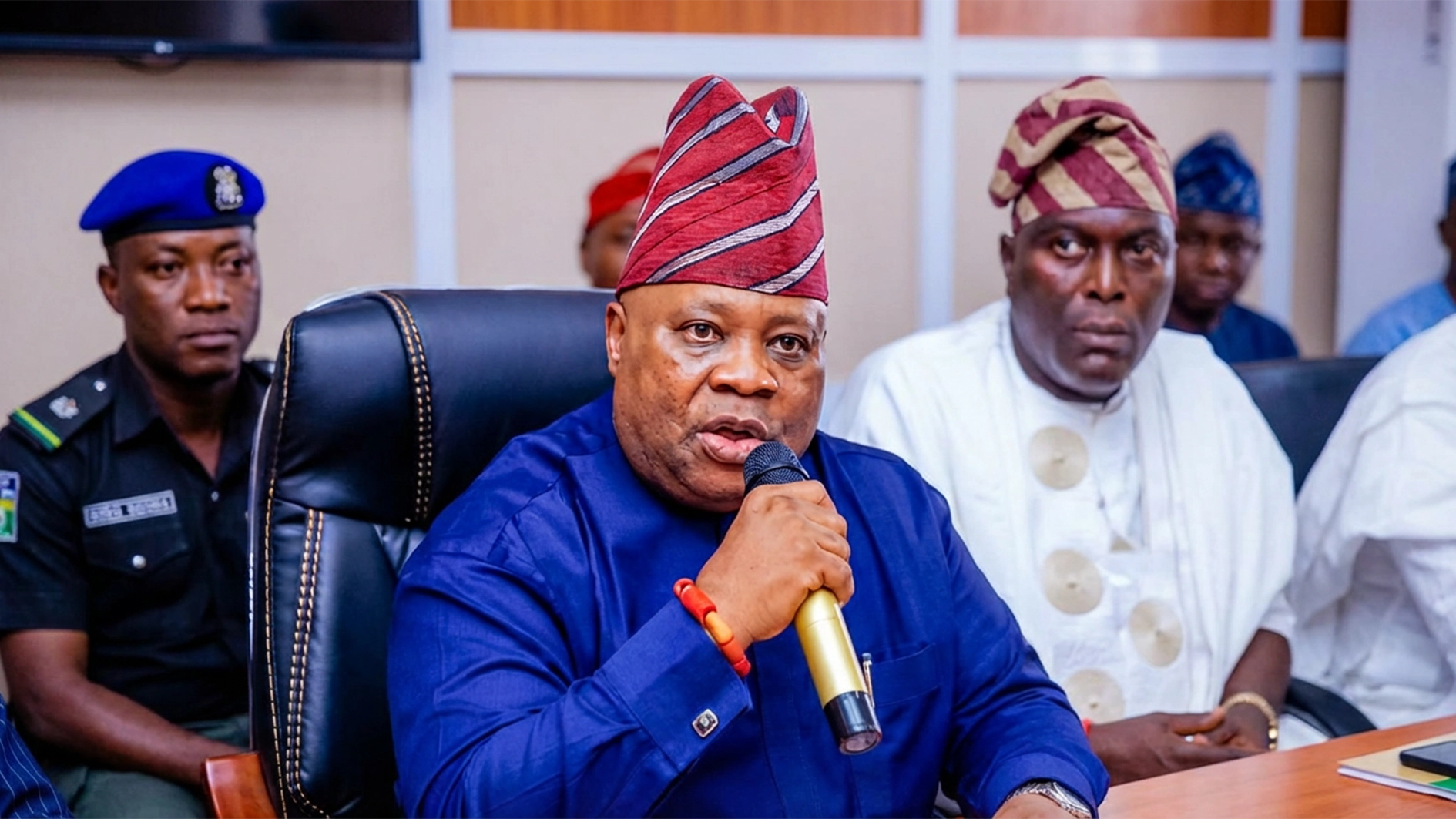Plateau State Governor, Caleb Mutfwang, has raised the alarm over the growing wave of religiously motivated violence in the country. He revealed that more than 6,000 people were killed in 2023 alone in conflicts, largely driven by religious and ethnic divisions, especially in the Middle Belt region.
Citing data from the Armed Conflict Location and Event Data Project (ACLED), Mutfwang said the alarming figure underscored the urgent need for a coordinated national response to prevent religious crises before they escalate into violence.
The governor spoke yesterday in Abuja at the National Christian Leaders FORB Conference, themed “Defending Religious Freedom as a Gospel Imperative.”
He called for the establishment of a national multi-agency Early Warning and Early Response (EWER) system to detect and de-escalate inter-religious tensions across the federation.
Represented by the Attorney-General and Commissioner for Justice, Philemon Daffi, the governor noted that despite constitutional guarantees under Sections 10 and 38 of the Constitution for freedom of religion, thought, and conscience, Nigeria continues to grapple with recurring, premeditated religious violence, discrimination, and systemic failures.
He said: “The scale of this violence is documented by organisations like the Armed Conflict Location & Event Data Project (ACLED), which recorded over 6,000 fatalities in 2023 alone from conflicts often framed in religious and ethnic terms, particularly in the Middle Belt.
“Furthermore, reports from the International Society for Civil Liberties & the Rule of Law indicate that incidents often involve the destruction of hundreds of places of worship, displacing faith communities and creating cycles of reprisal.
“Beyond violence, structural discrimination persists, such as the contentious issue of government funding for pilgrimages (Christian and Muslim) and the de facto reservation of certain public offices along religious lines in some states, appropriation of humongous amounts of government to fund education, e.g., the Board of Islamic Studies in Kaduna, which undermines the constitutional principle of neutrality.”
The governor said dedicated units within the Ministries of Justice of both states and the federal government should be established to monitor and prosecute religious-violation cases.
He proposed amendments to criminal law to address legislative gaps, while safeguarding constitutional freedoms.
The governor said interfaith dialogue, civic education, and public campaigns against intolerance, as well as independent panels to investigate and reform systemic failures in handling religious violence, should be supported.
Addressing newsmen on the sidelines of the conference, President of Leadership Empowerment and Advocacy for Humanitarian (LEAH) Foundation, Dr. Gloria Pulda, explained that the event was to unite Christian leaders against religious violence.
She said similar conferences were also on the way for Muslims and traditional leaders across the country to sensitise the people on freedom of religion as a human right.
Pulda, who is also a lecturer in the Department of Political Science at the University of Jos, decried the continuous adoption of Leah Sharibu, seven years after the release of the Dapchi girls, because of her faith.






